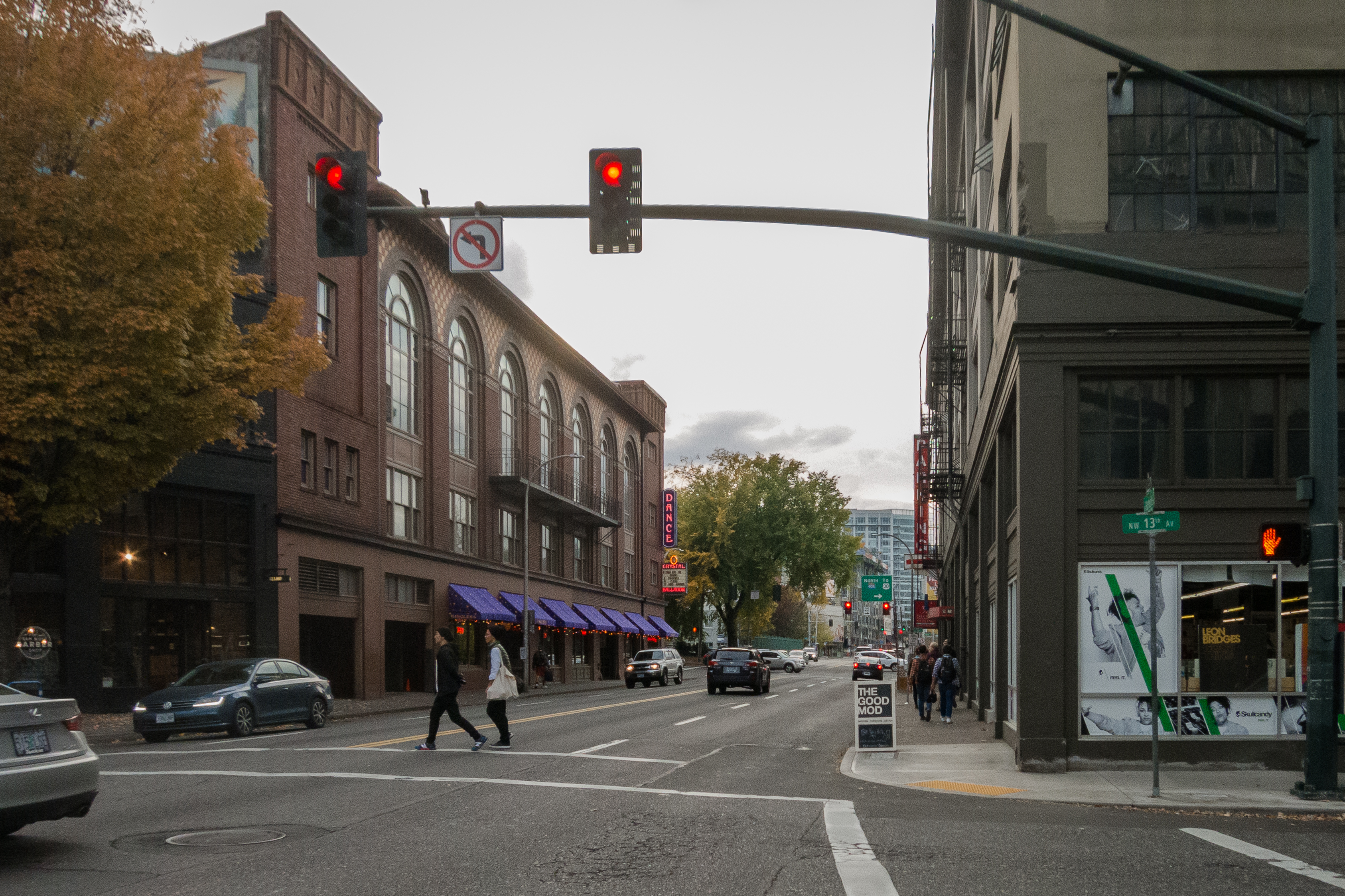Have you ever met someone who seemed to have a riveting sense of God’s presence in their life? Did you wonder, “How did they get to this place? And how can I get to this place in my life?” You know this person didn’t read “the right book” or do “the right degree program” or even attend “the right spiritual retreat.” This person was formed.
But how? How is a person formed, and what does the big picture of that journey even look like? More importantly, how might Christian education be shaped by that journey?
Well, let’s start with a definition to answer the underlying question, “What is spiritual formation?” Richard Foster has a helpful definition. Foster describes spiritual formation as “the redemptive process of forming the inner human person – us – so that we are enabled by God’s grace to progressively take on the overall character of the inner being of Christ himself” (Foster, 2022).
Foster’s definition rings with the heart of Paul’s admonition in Romans to “be transformed by the renewing of your minds, so that you can work out what God’s will is, what is good, acceptable and complete” (Rom. 12:2). And it rings with the heart of Jesus in John: “I have given them the glory which you have given to me, so that they may be one, just as we are one. I in them, and you in me; yes, they must be completely one, so that the world may know that you sent me, and that you loved them just as you loved me” (John 17:22-23).
Formation, then, is a matter of increasing in Christlikeness as Christlikeness grows from within you. Or, as Paul describes it in Colossians: “And this is the key: the Messiah, living within you as the hope of glory! He is the one we are proclaiming. We are instructing everybody and teaching everybody in every kind of wisdom, so that we can present everybody grown up, complete, in the Messiah” (Col. 1:27-28).
But did you hear the words of Christ above? Christlikeness looks like understanding and experiencing the love of God the way that Jesus experienced and understood the love of God. Being formed by the love of God in Christ Jesus takes time, and it progresses in stages. So, we need to have a handy guide for what growth can look like and how it might unfold.





No comments have been added.